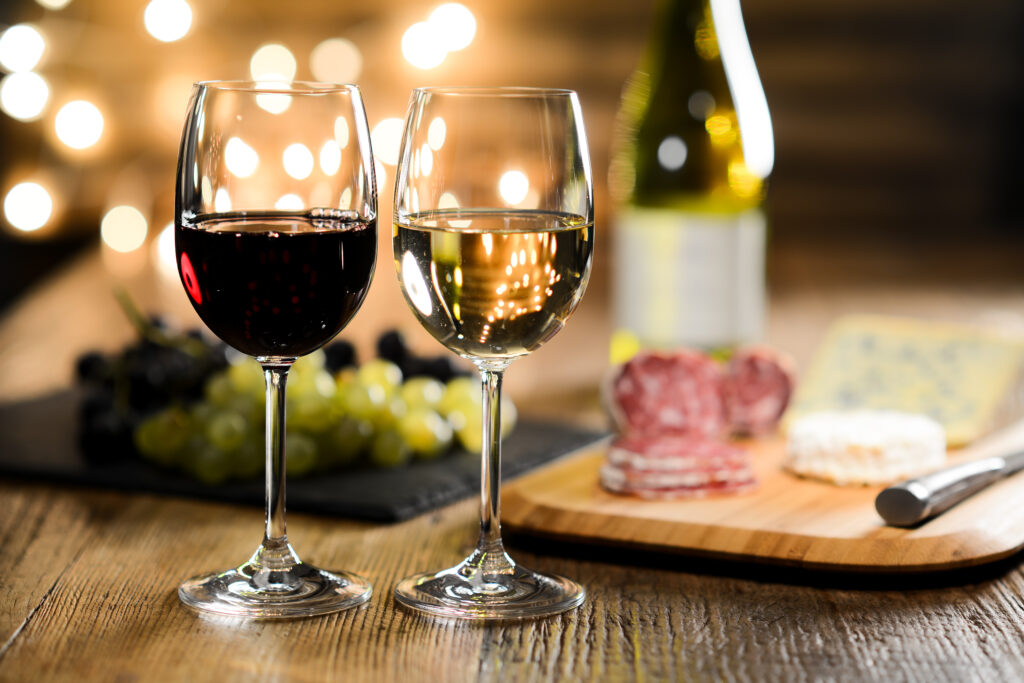Wine tourism is booming across America, with more people than ever exploring vineyard trails and tasting rooms from Napa to the Finger Lakes.
But there’s a fine line between wine appreciation and wine snobbery, and crossing it can turn a fun afternoon into an awkward lesson in pretension.
“I’ve seen it countless times during our tours,” says John Kelliher of Grapeline Wine Tours, which has been guiding wine enthusiasts through California’s premier wine regions since 2002. “Someone wants to show they know about wine, but they end up making everyone else feel uncomfortable or intimidated.”
Kelliher has identified three telltale behaviours that instantly mark someone as a wine snob, and more importantly, how to enjoy wine without alienating your fellow tasters.
The 3 Wine Snob Red Flags
- Overusing Wine Jargon Like You’re Writing Poetry
Nothing kills the vibe faster than someone describing a simple Chardonnay as having “notes of honeyed stone fruit with mineral undertones and a lingering finish that speaks to the terroir’s unique expression.”
“When someone starts throwing around terms like ‘mouthfeel’ and ‘tertiary aromas’ for every sip, it’s pretty obvious they’re trying too hard,” Kelliher explains. “Real wine knowledge doesn’t mean using the fanciest words. Rather, it’s about helping people connect with what they’re tasting.”
The better approach? Keep it simple and relatable. Instead of “mineral undertones”, try “crisp and clean”. Rather than “full-bodied with robust tannins”, say “rich and smooth”. Your fellow tasters will understand what you mean, and you’ll sound confident rather than pretentious.
“I tell our guests to describe wine the way they’d describe food to a friend,” Kelliher notes. “If it reminds you of green apples or vanilla, say that. Don’t feel like you need a sommelier’s vocabulary to enjoy a glass.”
- Playing Wine Police With Everyone Else’s Choices
We’ve all met that person who can’t resist correcting others’ wine preferences or techniques. They’re the ones who’ll interrupt your conversation to inform you that you’re holding your glass wrong, or that your taste buds are “underdeveloped” if you prefer sweeter wines.
“The fastest way to ruin everyone’s experience is to become the wine police,” Kelliher says. “I’ve watched people completely shut down because someone made them feel stupid for liking what they like.”
This includes the classic snob move of dismissing entire categories of wine. You know the type: they’ll wrinkle their nose at anything that isn’t a “serious” vintage or make comments about how “real wine lovers” don’t drink rosé.
Instead, try being curious about other people’s preferences. Ask what they enjoy about a particular wine rather than explaining why they’re wrong. “Some of the most interesting conversations I’ve had on tours started with someone saying they usually hate reds, then finding one they loved,” Kelliher recalls.
- Turning Every Sip Into A Performance
Perhaps the most cringe-worthy wine snob behaviour is the theatrical tasting ritual. These are the people who swirl aggressively, take multiple loud sniffs, and make exaggerated facial expressions while “analysing” each wine as if they’re performing for an audience.
“There’s a difference between properly tasting wine and putting on a show,” Kelliher observes. “When someone’s making a big production out of every sip, it’s usually more about trying to appear knowledgeable than actually enjoying the wine.”
The over-the-top tasting performance often includes unnecessary commentary about every sensation, from the “initial attack on the palate” to the “evolution of flavours across the mid-palate”. It’s exhausting to watch and even more exhausting to listen to.
“Good wine tasting is actually pretty subtle,” Kelliher explains. “A gentle swirl, a quick smell, and a thoughtful sip. You don’t need to make it look like you’re conducting an orchestra.”
The goal should be appreciation over performance. Take your time with the wine, but don’t make everyone else wait while you go through an elaborate ritual that adds nothing to anyone’s experience.
John Kelliher of Grapeline Wine Tours commented: “Wine culture has this reputation for being intimidating, and honestly, a lot of that comes from people who think they need to prove how much they know. I’ve been doing this for over two decades, and the best wine experiences happen when everyone feels comfortable exploring and asking questions.
“My advice to anyone stepping into wine country is simple: be curious, be respectful of other people’s preferences, and don’t be afraid to admit when you don’t know something. The best wine conversations I’ve ever had started with someone saying ‘I have no idea what I’m supposed to be tasting here’. That honesty opens doors to real learning and genuine enjoyment.”


